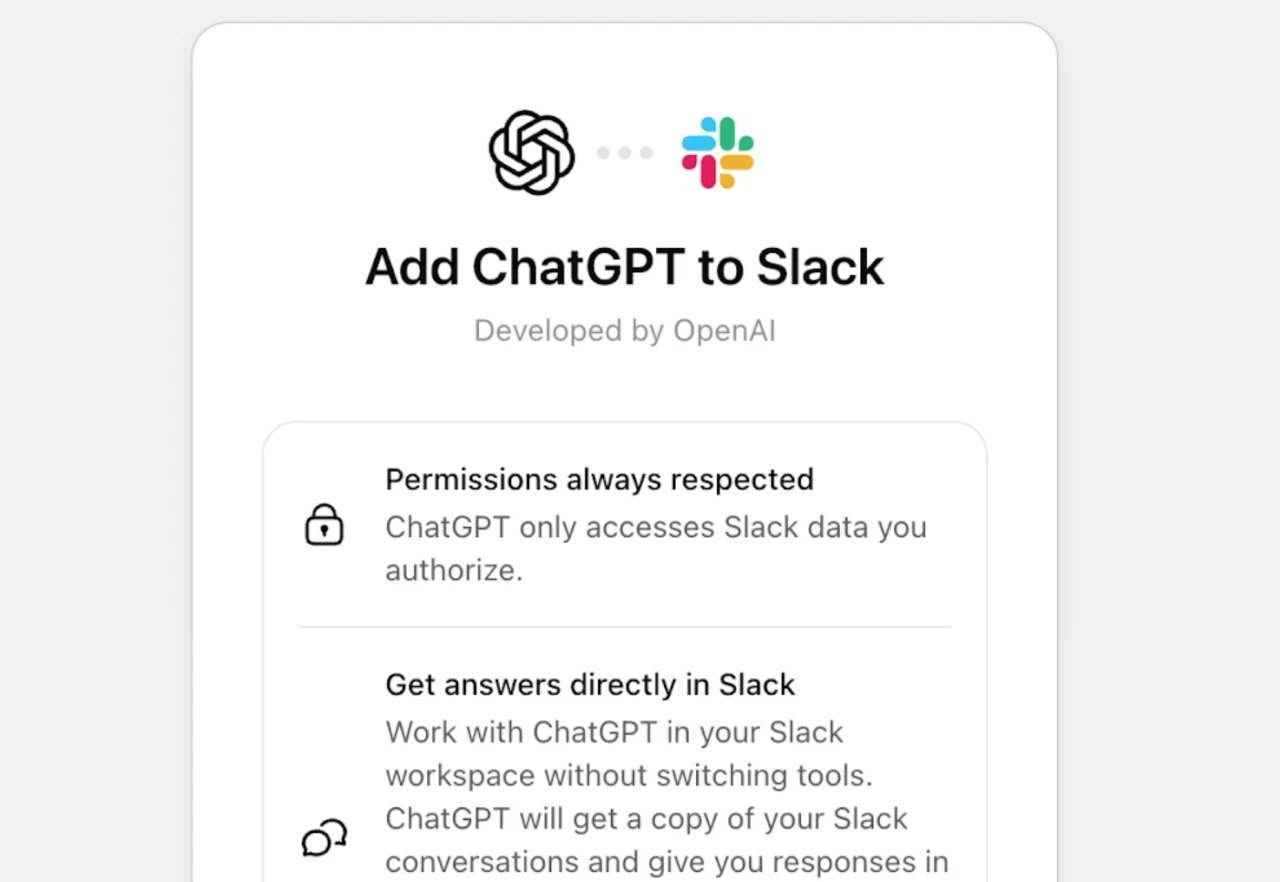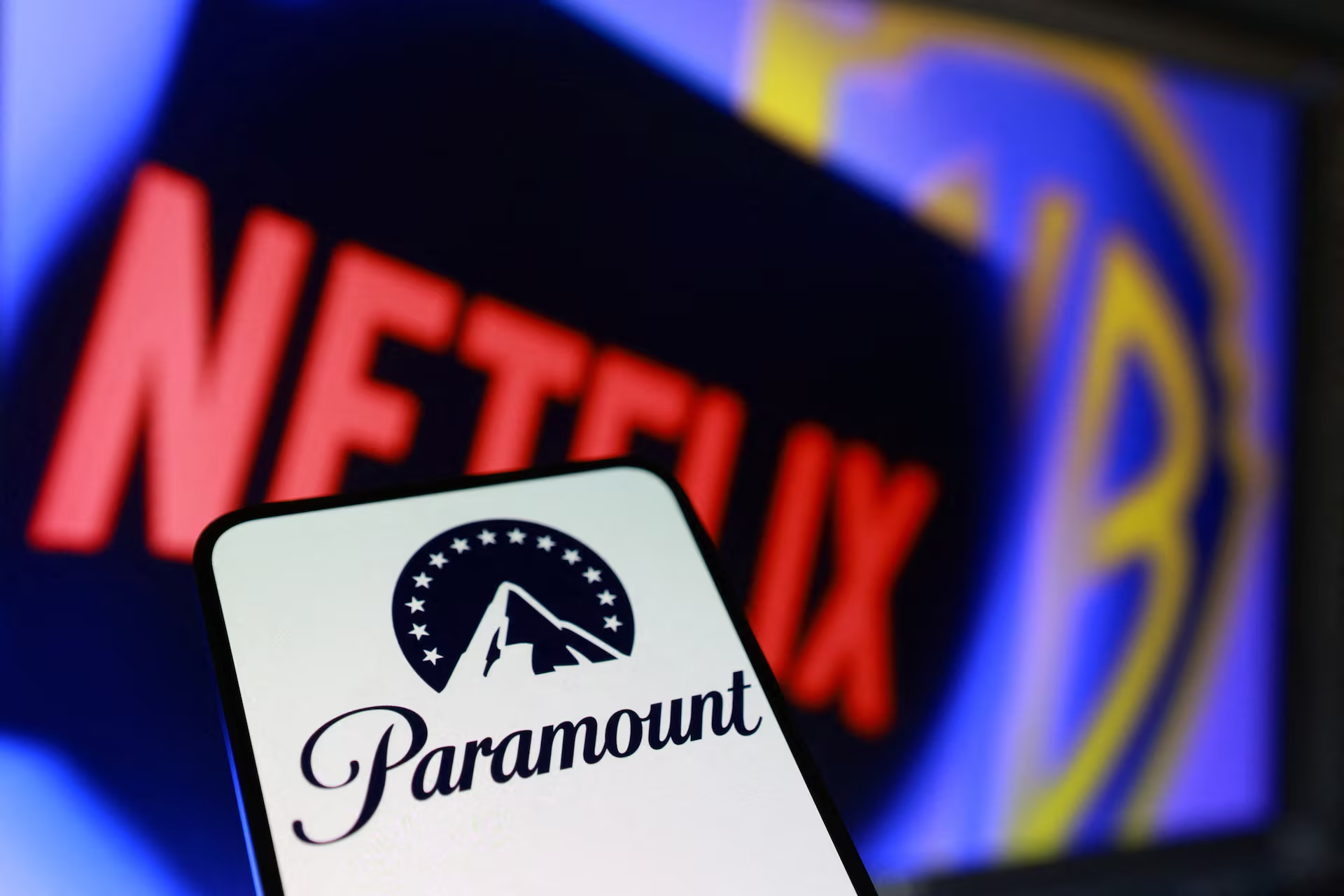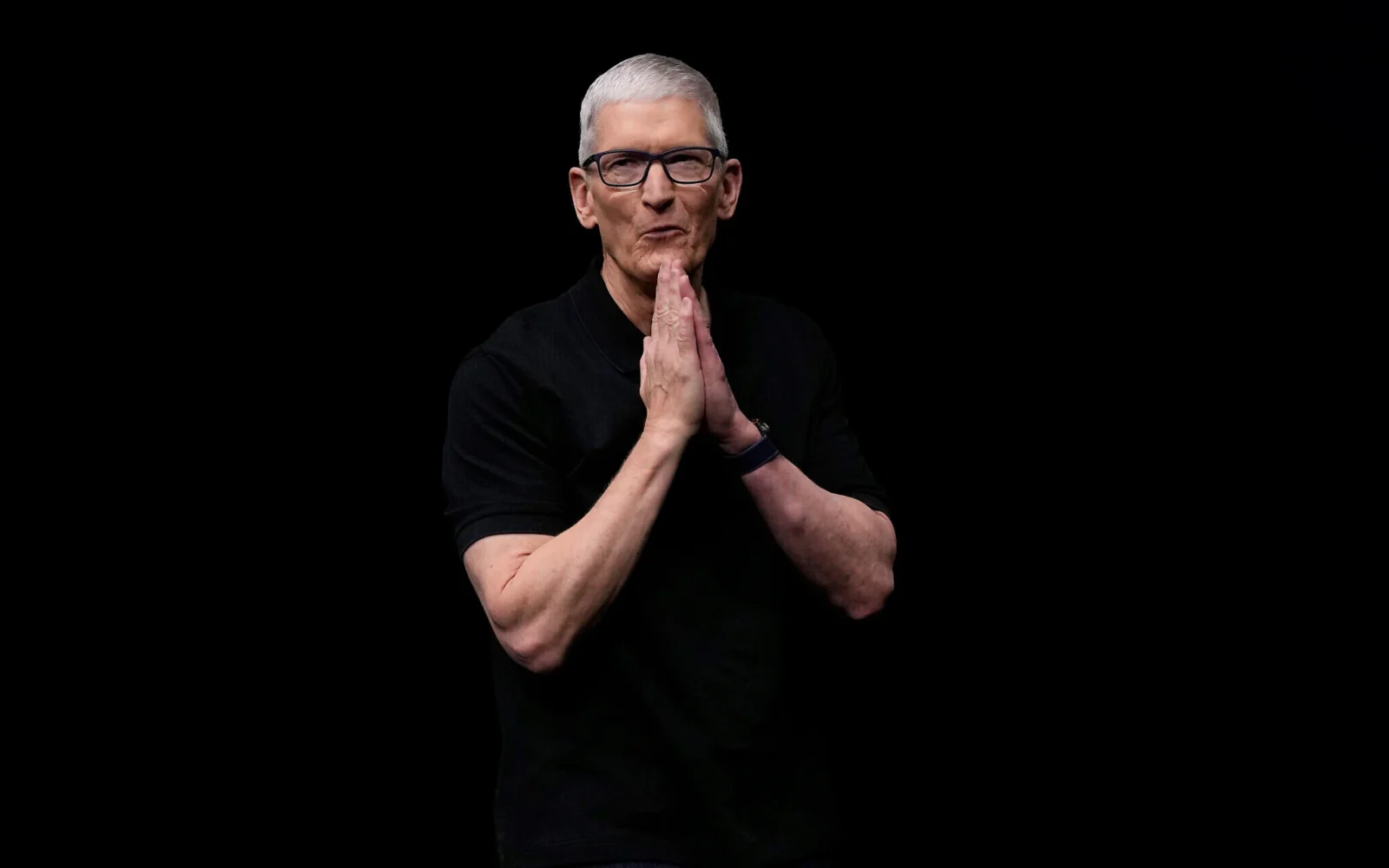OpenAI and Slack are deepening their partnership with a new integration that embeds ChatGPT directly into Slack, combining conversational AI with one of the most widely used workplace communication tools. Announced on October 13, 2025, the collaboration introduces two main features — a dedicated ChatGPT app for Slack and a Slack connector for ChatGPT — designed to make AI assistance a seamless part of daily team workflows.
The ChatGPT app for Slack allows users to interact with the AI model from within a dedicated sidebar inside Slack. Once installed, users can hold conversations with ChatGPT without leaving the platform, search past threads for information, and even pick up previous chats thanks to saved conversation history.
The integration introduces several key capabilities aimed at enhancing productivity and collaboration:
- Search Slack for messages and files – Users can perform both keyword-based and semantic searches across channels and direct messages they already have access to. Semantic search, available to Business+ and Enterprise+ customers, allows ChatGPT to locate information based on meaning rather than just exact phrases.
- Summarize long threads into action items – ChatGPT can automatically condense lengthy discussions into digestible summaries, highlighting key decisions, action items, and assigned owners.
- Connect Slack data with ChatGPT – Through the new connector, users can bring their Slack context into ChatGPT sessions, enhancing the relevance of responses in features like Deep Research or Agent Mode.
The integration also works in reverse. From within ChatGPT, users can now search their Slack data, bringing real-time workplace context into their AI-assisted workflows. For instance, a user drafting a proposal in ChatGPT could instantly query prior discussions from a project Slack channel without switching tabs or apps.
Both the ChatGPT app for Slack and the Slack connector for ChatGPT are available to ChatGPT Plus, Pro, Business, and Enterprise/Edu subscribers. However, due to data compliance restrictions, the Slack app will not be available to users in the European Economic Area (EEA), Great Britain (GB), and Switzerland (CH). Slack users will also need a paid Slack plan to access the integration.
This partnership builds on a growing convergence between enterprise collaboration tools and AI assistants. For OpenAI, it represents another step in positioning ChatGPT as a universal workspace companion — not just a chatbot, but a contextual assistant capable of navigating company data and streamlining communication. For Slack, now owned by Salesforce, the move strengthens its competitive edge against Microsoft Teams and Google Chat, both of which have been layering in their own generative AI capabilities.
Together, Slack and OpenAI are aiming to redefine what workplace productivity looks like — one where conversations, data retrieval, and planning all happen in the same flow, with ChatGPT quietly doing the heavy lifting in the background.







